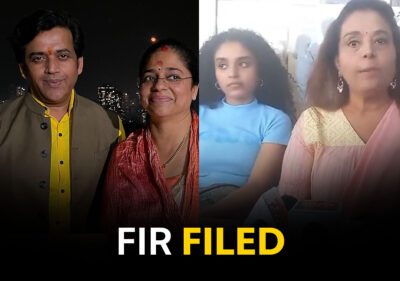
The government’s initiative to subject over-the-top (OTT) businesses to a regulatory framework like telecom operators has been fiercely resisted by major digital companies including Apple, Google, Meta, Amazon, and Cloudflare. Furthermore, these players have warned the government that such regulations are likely to serve as economic disincentives and cause services to increase in cost for users, voicing their opposition to draft Telecom Bill for the first time.
Also read: Google Fined A Whopping 936 Crore In India! 2nd Penalty Within A Week
Moreover, these players, through the Asia Internet Coalition (AIC), have requested the Department of Telecommunications (DoT) to re-evaluate the draft Bill, in a letter to Union Communications Minister Ashwini Vaishnaw. The industry association also noted definitional vagueness. According to the argument, the definitions as they currently stand broaden the meaning to include telecom services and networks, which include things like OTT communication services, internet-based communications, internet and broadband services, and more.
Although the decryption and surveillance clause from OTT communication applications has not been specifically addressed in the draft bill, ambiguity in definitions indirectly encompasses communications apps. According to AIC, the lack of clarification could lead OTT communication companies to choose encryption techniques that increase security but are also predetermined by the government.
Furthermore, in a Moneycontrol report, the AIC claimed that end-to-end encryption, a privacy technique that encrypts all conversations for any middleman, is used by OTT communication service providers like WhatsApp and Signal.
Notably, AIC stated that under the proposed legislation, they might be required to refrain from transmitting, intercepting, detaining, or disclosing any message or class of messages to the officer named in the surveillance request or order in the event of “public safety” and “emergency,” as well as other ambiguous circumstances that lack judicial oversight.
Along with TRAI, other digital rights organisations have protested OTT-related laws and their effects, including Access Now and the Internet Freedom Foundation.
The action was taken shortly after WhatsApp and other OTT communication apps were excluded from the draft telecom law by the Telecom Regulatory Authority of India (TRAI). The telecom regulator has pushed for a problem-based approach to policymaking that would consider both how OTT services affect existing telecom service providers and their financial and security ramifications.




